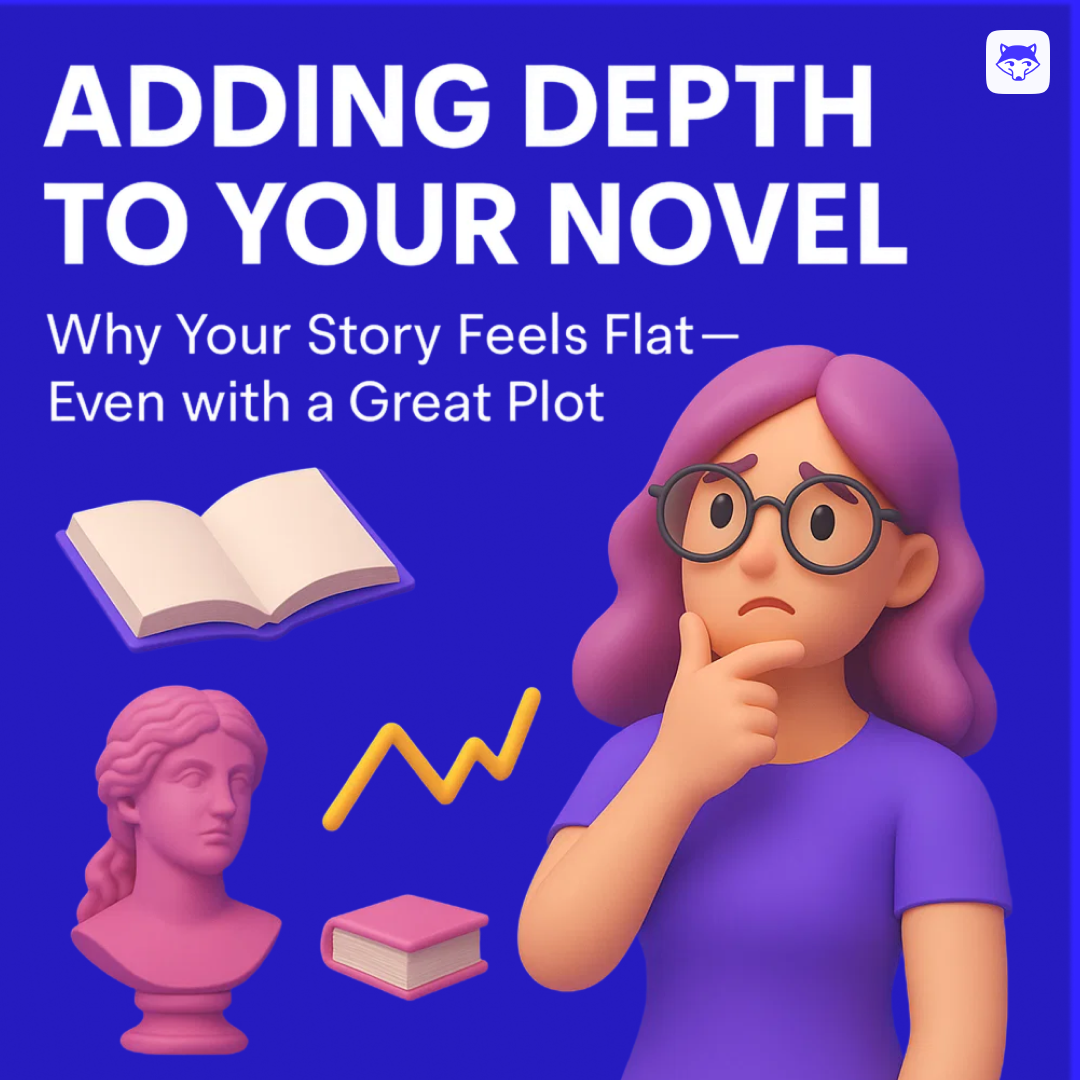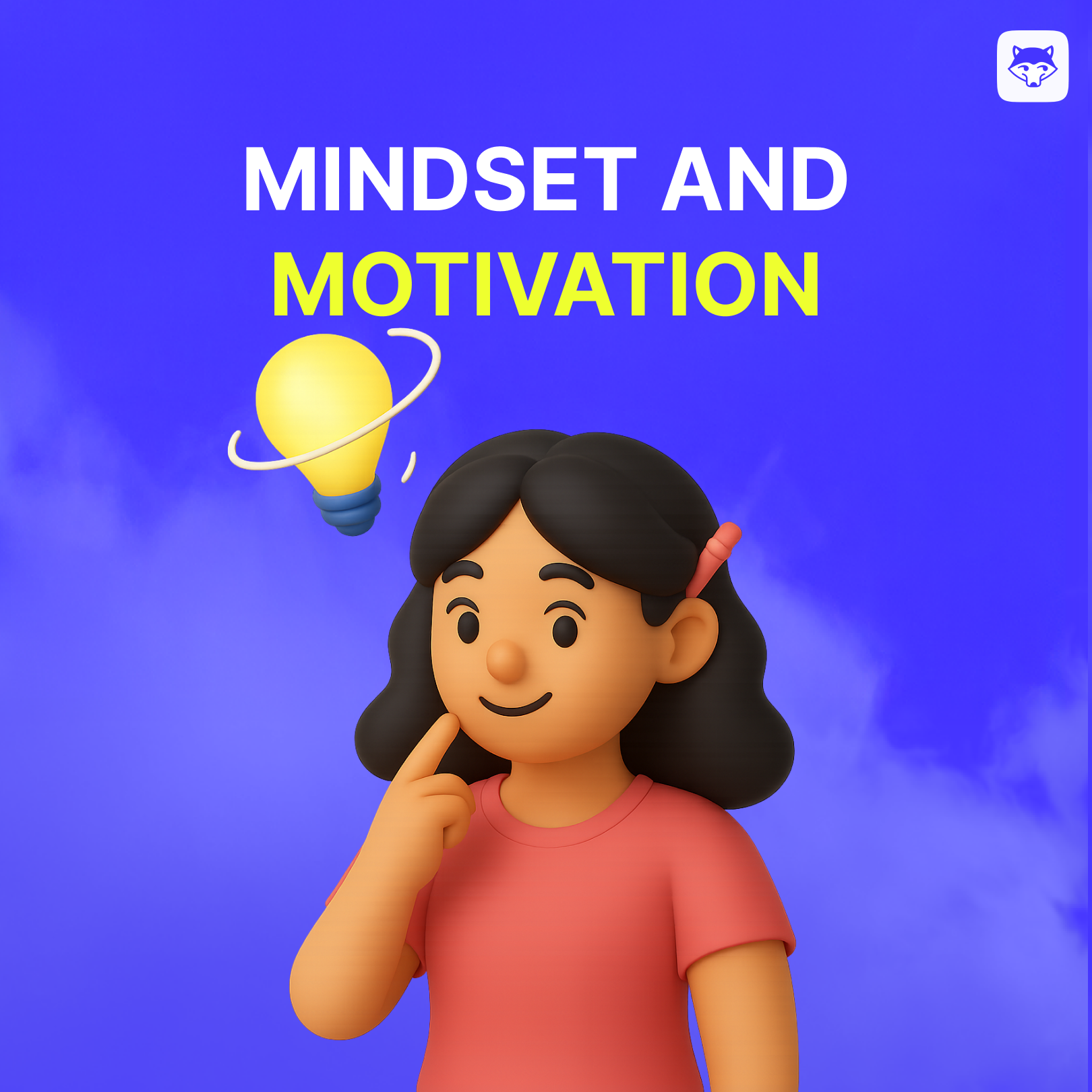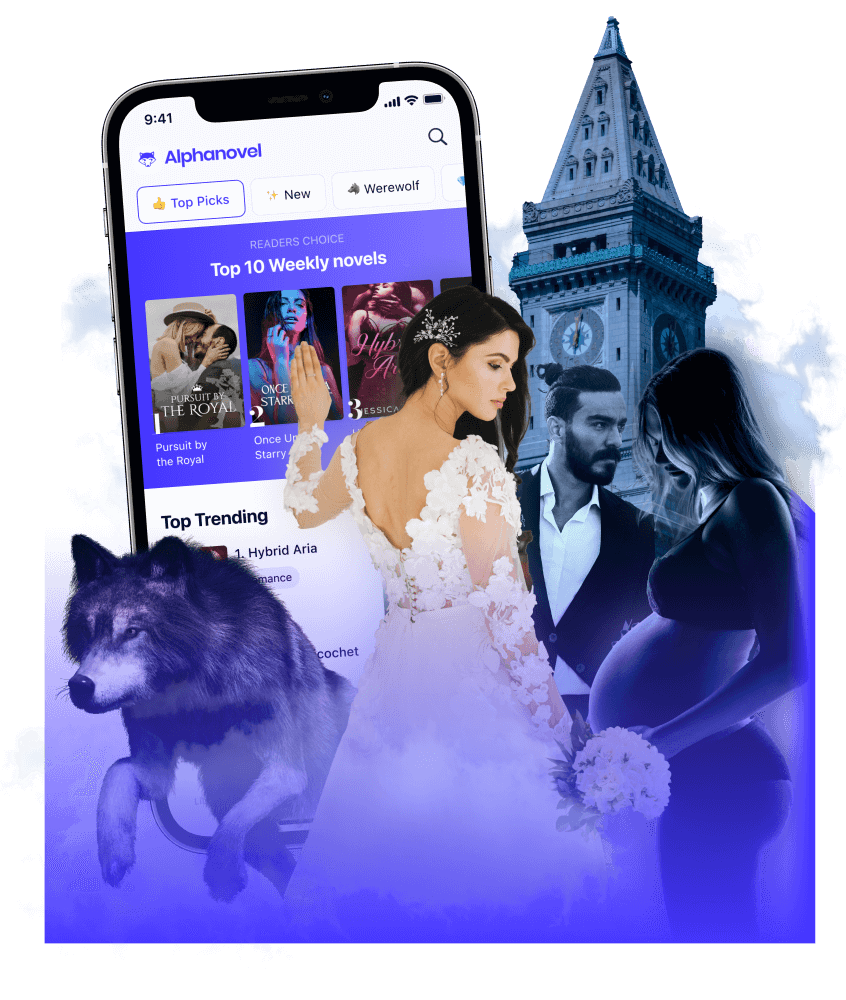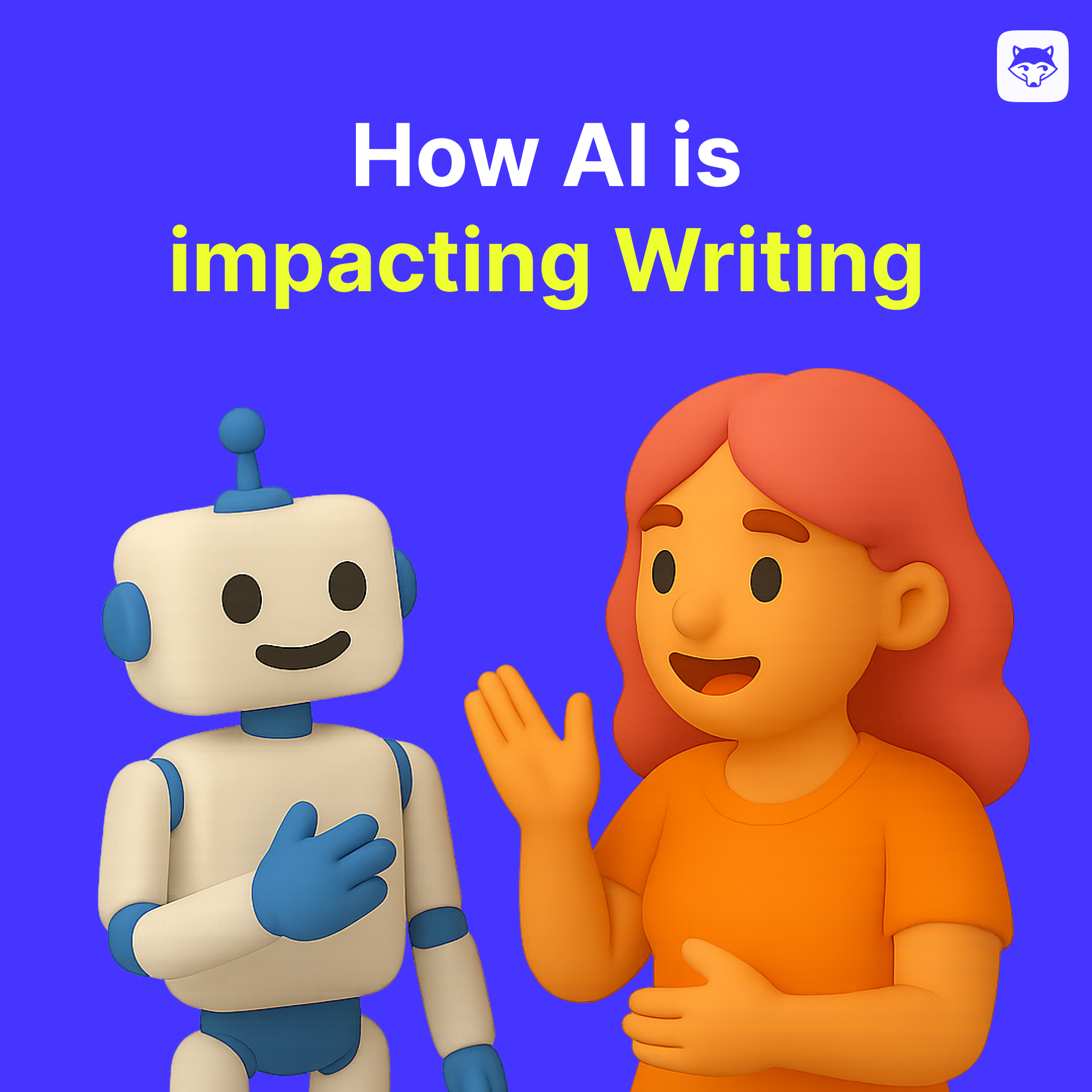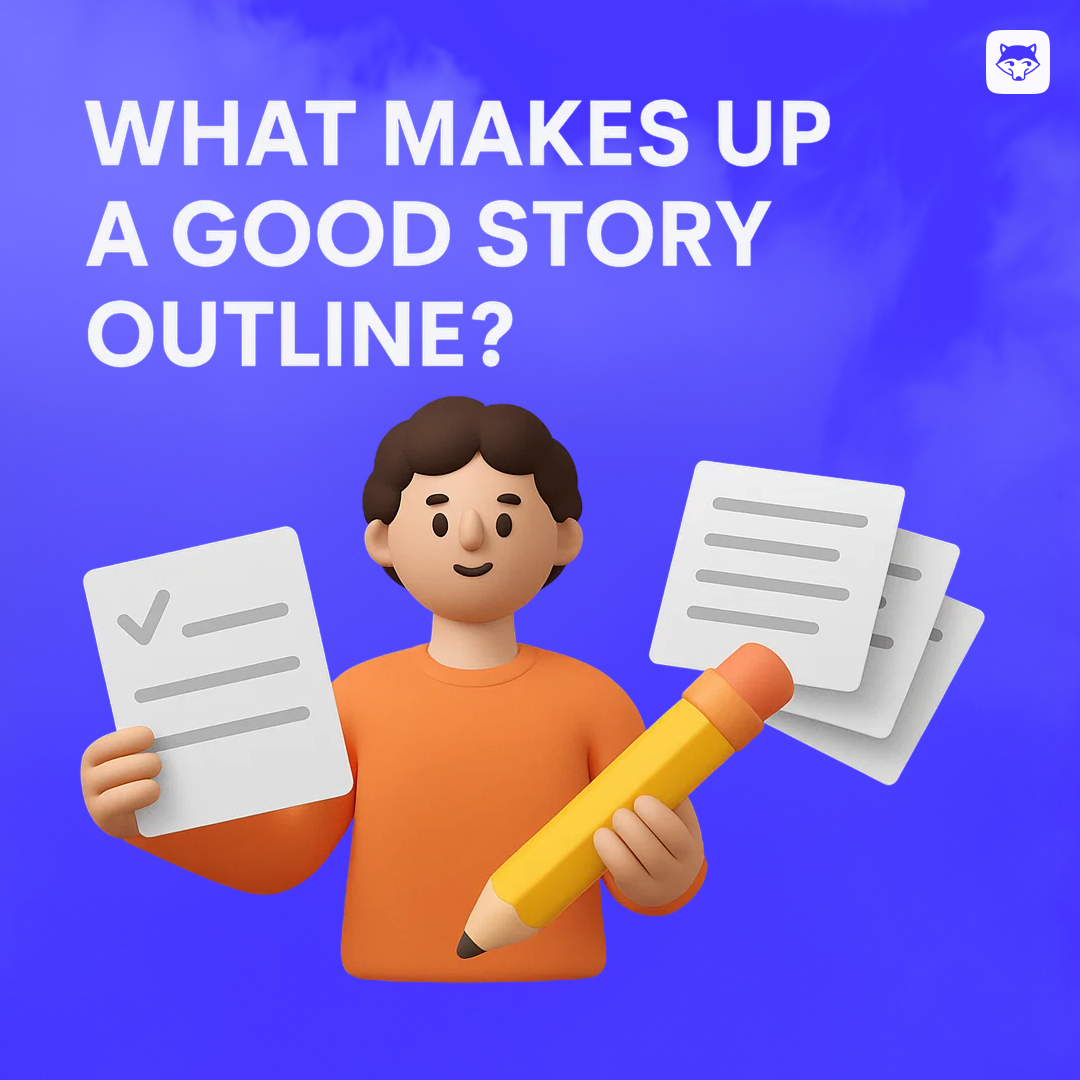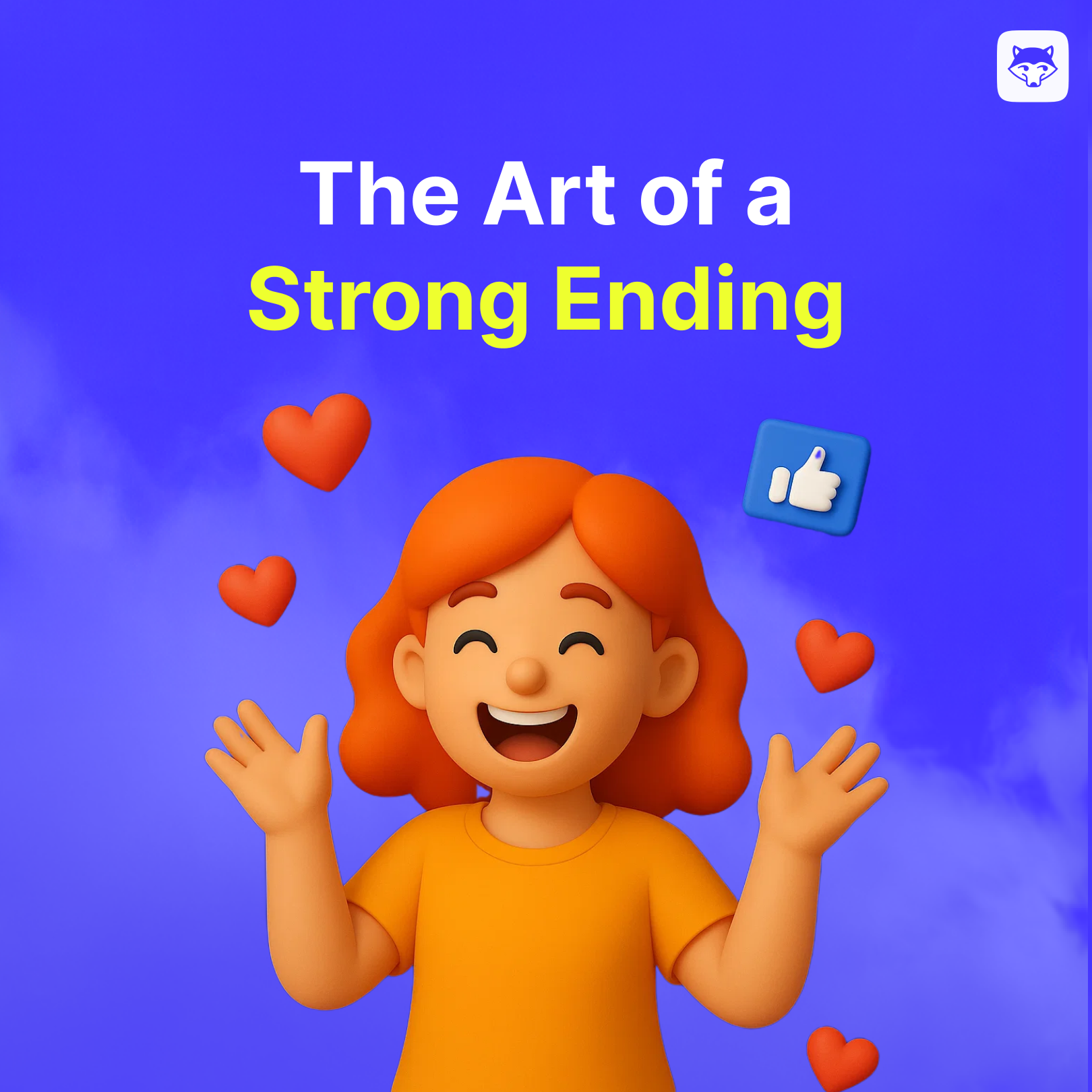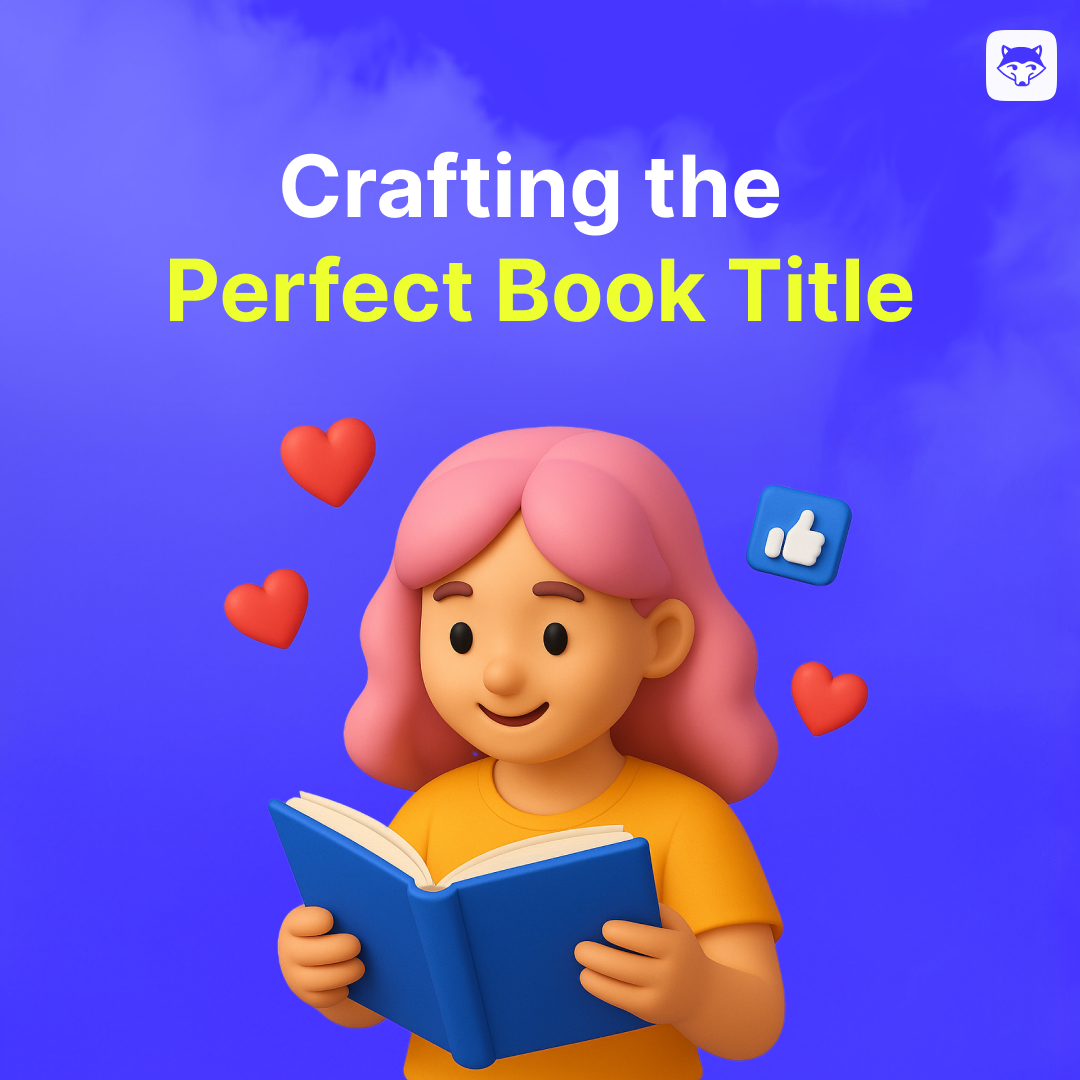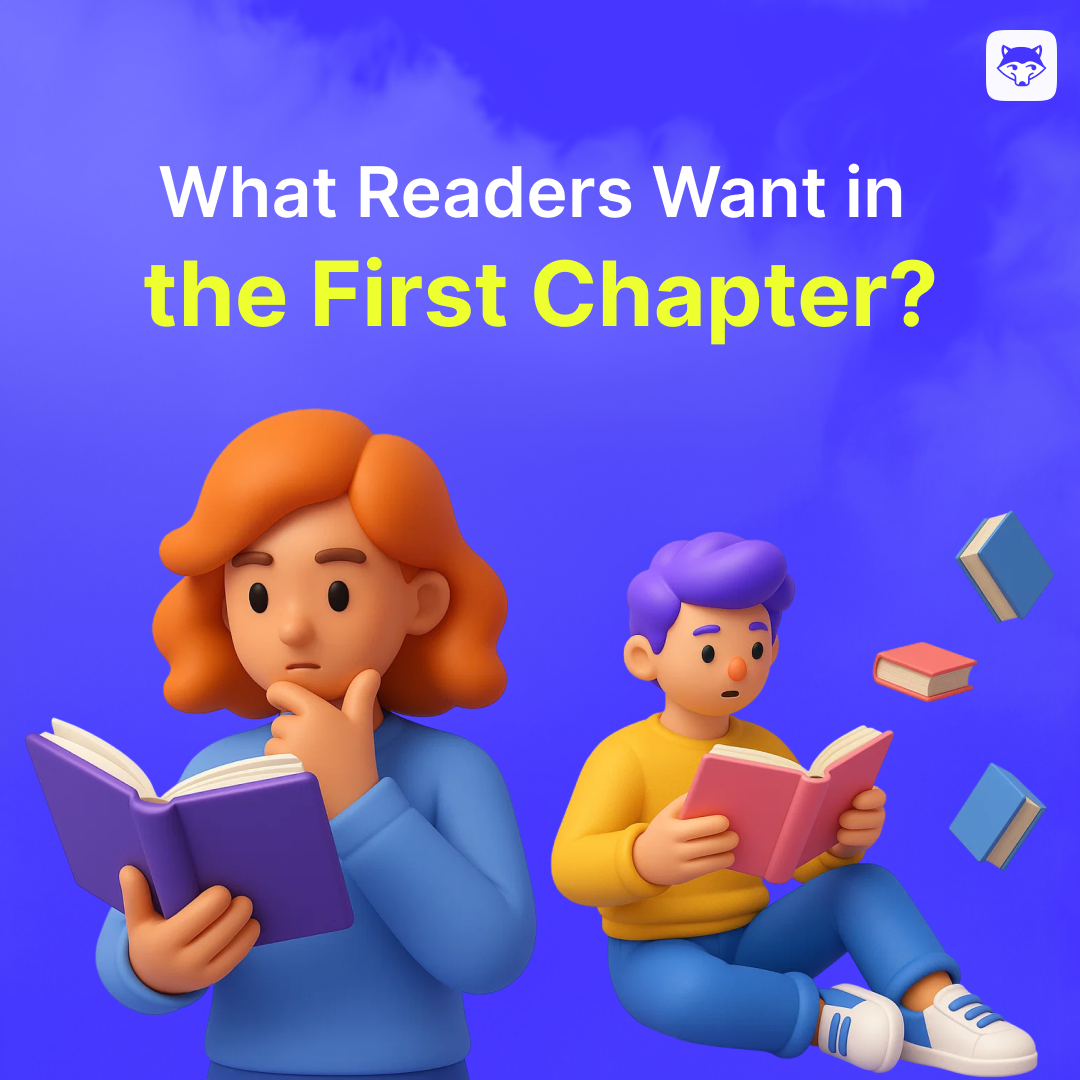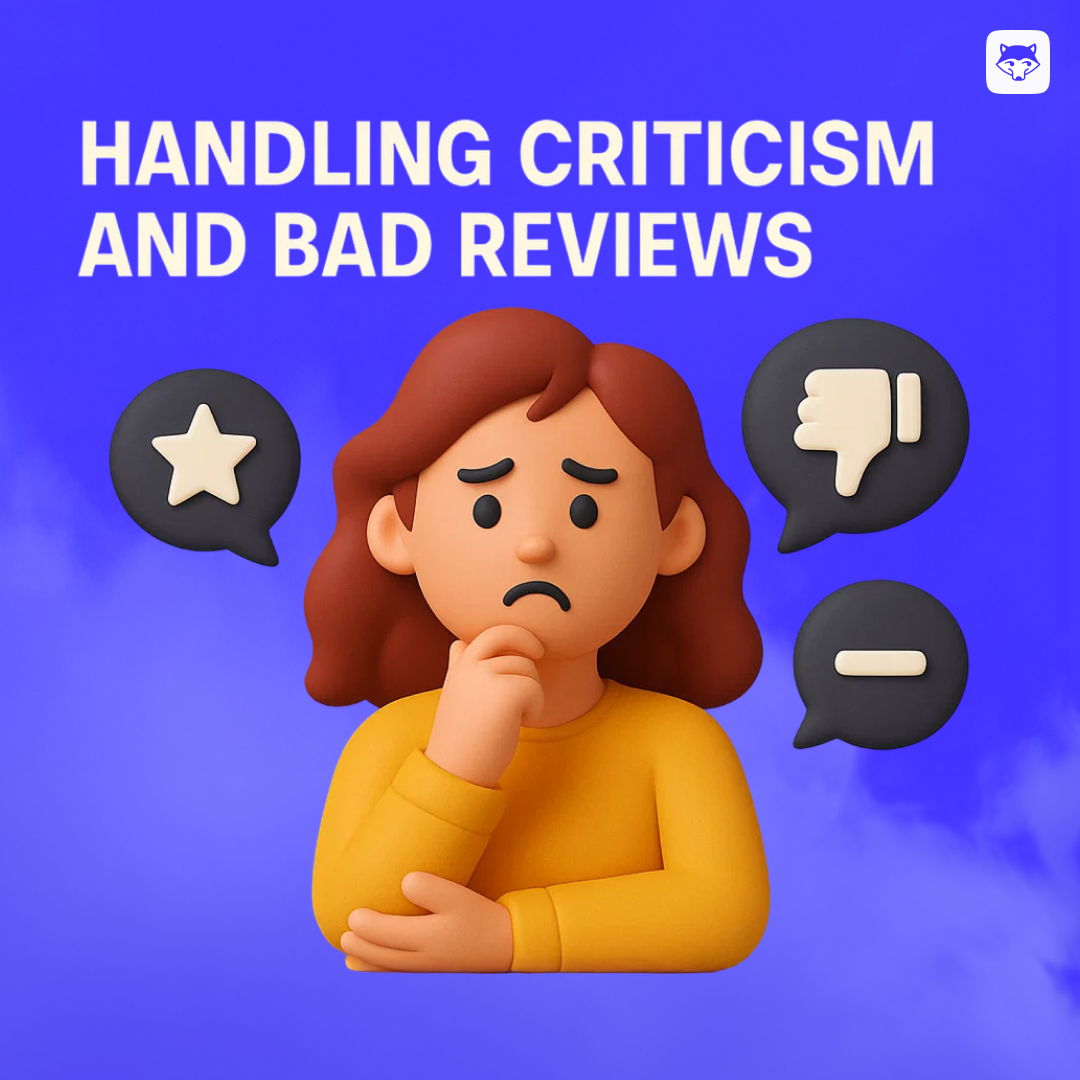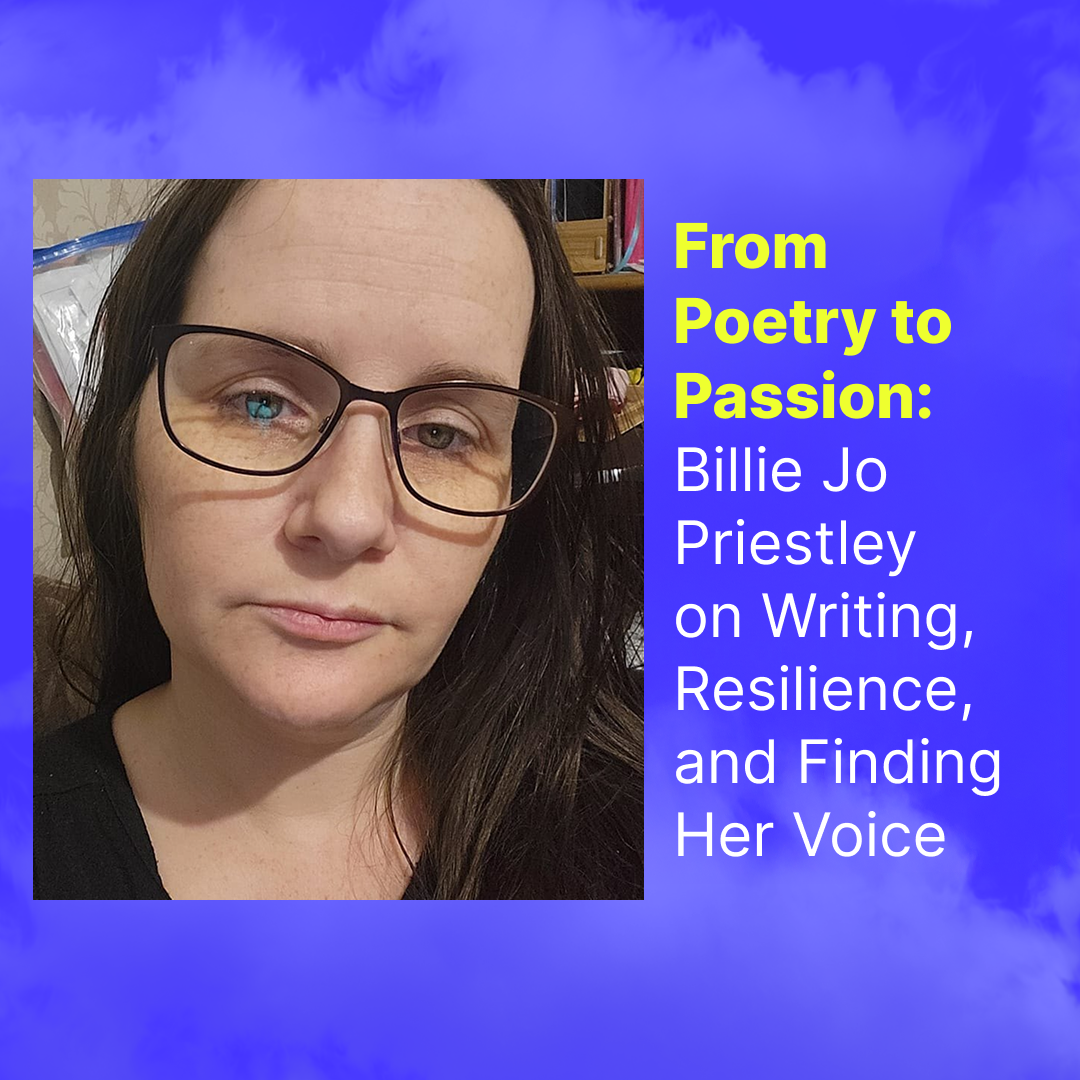From discovering novels at eleven to crafting emotionally rich stories that resonate with readers around the world, today’s featured AlphaNovel author embodies what it means to be a true storyteller. Rooted in a childhood spent wandering through fictional worlds, her writing journey has evolved into a full-time calling—one shaped by passion, discipline, and a deep understanding of human emotion. In this interview, she opens up about her creative process, the inspirations that shaped her voice, and the lessons she’s learned along the way.
How did your writing journey begin, and what drew you into storytelling?
My writing journey began at the age of eleven. My father used to bring home different novels after work, and I would spend hours lost in those stories. That constant exposure to fiction sparked a deep fascination with storytelling, how words could build worlds, stir emotions, and connect people across experiences. I started writing short stories in my notebooks, and with time, that hobby grew into a lifelong calling.
Can you tell us a bit about yourself, what are some of your interests or goals outside of writing?
Outside of writing, I’m deeply interested in cooking, baking, speaking on stage, literature, and storytelling in different cultures. One of my goals outside writing is to get into Law school and graduate.
What does a typical day look like for you, and how do you make time for writing?
A typical day starts with planning as I am a full time writer and I work from home. I find quiet moment to review my ongoing projects. I set specific hours dedicated to writing and treat it as a professional schedule rather than a hobby. I usually outline scenes, develop dialogue, or refine drafts during these sessions. Balancing creativity with structure helps me stay consistent, even on challenging days.
Is there something about your writing style or creative process that you feel makes your stories unique?
Yes, I focus heavily on emotional depth and character psychology. My goal is to make readers feel what the characters experience, not just read about it. I love weaving vulnerability, resilience, and transformation into my stories, allowing readers to grow alongside my characters. I also pay close attention to rhythm and tone to keep the storytelling immersive.
Was there a particular book, author, or experience that inspired you to become a writer?
I’ve always admired authors who can blend emotion with realism, writers like Chimamanda Ngozi Adichie and Jane Austen inspired me early on. Their ability to capture human complexity with authenticity pushed me to believe that stories could both entertain and reflect truth. That realization made me determined to find my own voice as a storyteller.
When starting a new project, what usually comes to you first, the plot, the characters, or a specific moment?
Most times, it starts with a specific idea, a powerful scene or a line of dialogue that refuses to leave my mind. From there, I begin to explore who the characters are and why that moment matters. The plot then unfolds naturally as I connect the emotional dots between those key moments.
What helps you stay focused and motivated when working on a story, especially during busy or uncertain times?
What keeps me focused is remembering why I write, to create stories that move people. I remind myself that every word, no matter how small, brings me closer to finishing something meaningful. I also break big goals into daily achievable tasks. Writing regularly, even for short periods, keeps my creativity alive.
What’s something you’ve learned from writing that’s impacted how you approach other areas of life?
Writing has taught me patience and perspective. It reminds me that every story, like life unfolds in stages. There are times of calm and times of tension, but both are essential for growth. It’s also shown me the importance of empathy, because to write convincingly, you must understand different sides of a story.
How has your experience on AlphaNovel shaped your growth or changed the way you write?
AlphaNovel has played a major role in helping me refine my craft and connect with a global readership. The feedback, exposure, and analytics have given me insight into what readers connect with most. Writing on AlphaNovel has strengthened my discipline, taught me to adapt to evolving trends, and encouraged me to keep improving with every story.
What advice would you give to someone just starting their writing journey or feeling unsure about their potential?
Start where you are and don’t wait for perfection. Do not compare your work with other writers who have long been in the field. Every writer begins with uncertainty, but progress comes from consistency. Read widely, write regularly, and allow your voice to evolve. Believe in your story even when no one else does, because if you keep writing, the world will eventually hear it.
Victoria’s journey — from an avid young reader to a dedicated, full-time storyteller — reminds us that great writing grows from passion, persistence, and courage. We’re proud to have her as part of the AlphaNovel community and can’t wait to see where her stories go next.

